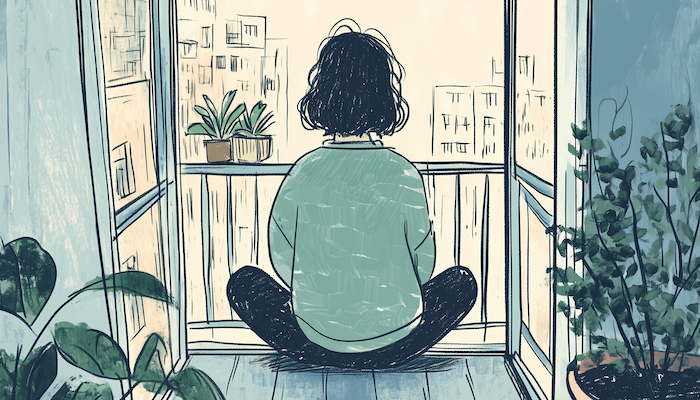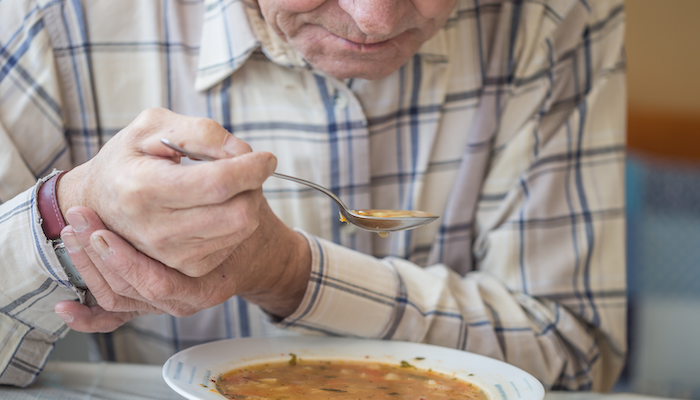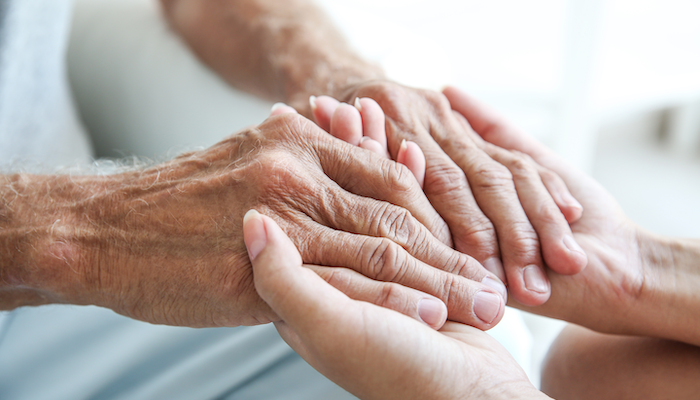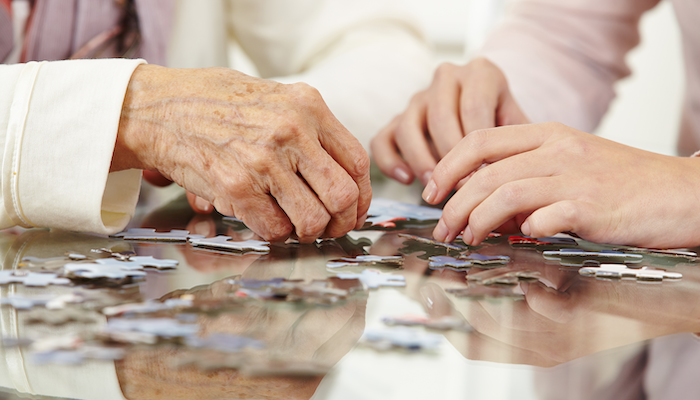As a family caregiver, you may often feel frazzled as you juggle responsibilities to your loved one and everything else in your life. The good news is that you carry a tool for stress relief with you everywhere, all the time. It’s your breath! Specifically, how you breathe. It sounds almost too simple, but research has shown that certain breathing practices can help calm both body and mind, particularly when you are overwhelmed.
How it works. When stress takes over, it triggers a “fight or flight” response and keeps your body in overdrive. It can lead to a racing heart, tense muscles, and anxiety. Controlled breathing helps shift your body into a calmer “rest and digest” state—like pressing a reset button for your nervous system.
By slowing your breathing, you’re signaling to your body that there’s no crisis at hand. Studies show it can lower blood pressure, reduce anxiety, and even strengthen the immune system. Best of all, you can feel the results in just a few minutes. You are calmer and your thinking is more focused. Try it out when you’re frustrated with your relative, on endless phone “hold,” or just need to wind down for sleep. It’s a practical tool for getting grounded.
There are many breathing techniques. The basic rule is to deliberately slow your breathing and exhale longer than you inhale. Here are two protocols to try:
- Box breathing
- Inhale for four counts, hold for four counts, exhale for four counts, and hold again for four counts.
- Repeat for one to two minutes.
- Cyclic sighing
- Take a deep inhale through your nose, followed by a second short inhale to fill your lungs.
- Exhale slowly through your mouth for twice as long as the inhale.
- Repeat for five minutes.
While breathing exercises are safe for most, if you have heart or respiratory problems or any severe condition, consult your doctor before starting a new practice.
Do you often feel stressed?
You’re not alone! Stress is common when you are taking care of a loved one. As the San Francisco experts in family caregiving, we at Compassionate Community Care are here to support you in your role. Let us help lighten your load. Give us a call at (415) 921-5038.










